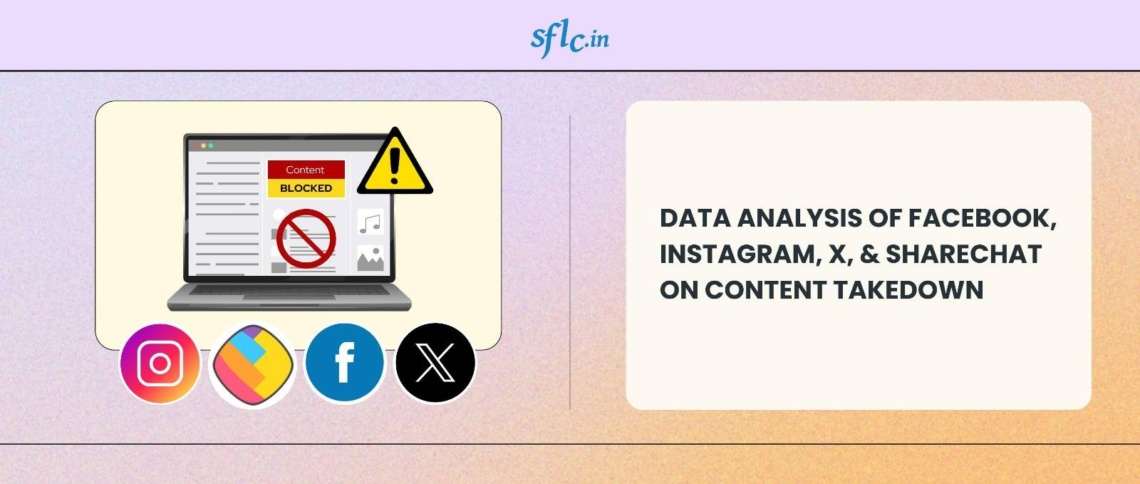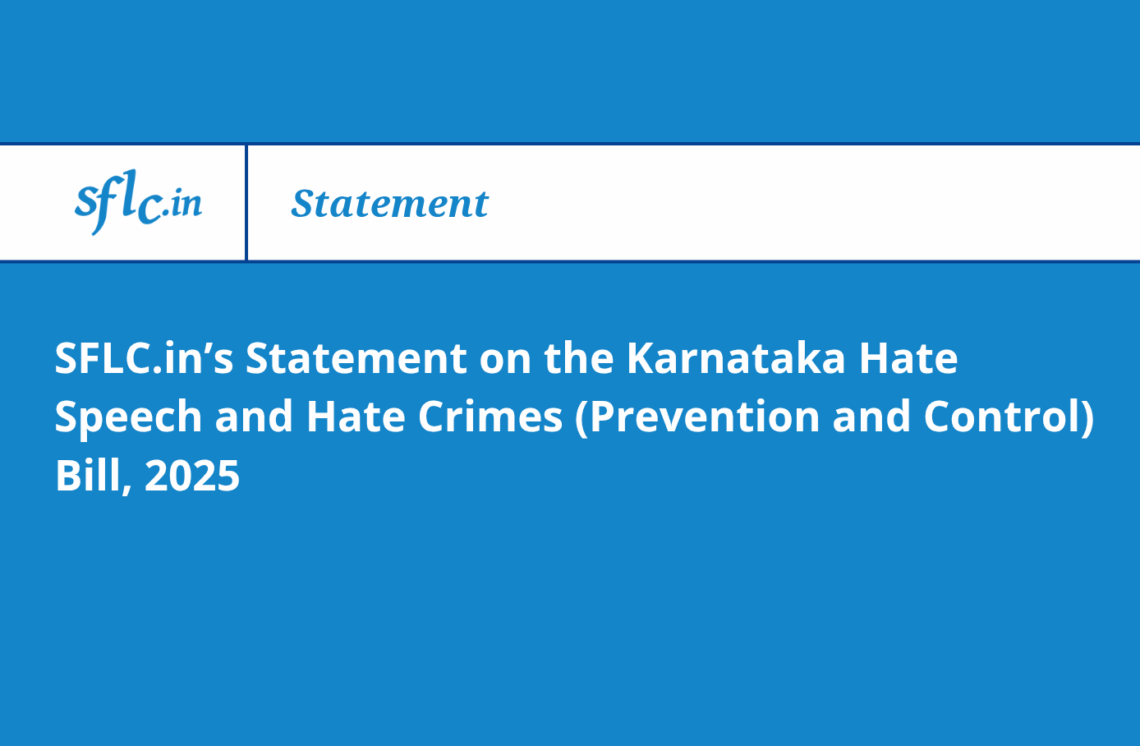SFLC.IN along with IAMAI, Internet Democracy Project, Centre for Internet & Society, Media for Change, ISOC, COAI, and the Centre for Communication & Governance organised a discussion on the issue of Multi stakeholder consultation for public policy issues in the sphere of Internet on January 29, 2014 at New Delhi.
The meeting started with Mr.Rajeev Chandrasekhar, Member of Parliament in the Rajya Sabha, focusing on the need to have a multi stakeholder process for discussing issues related to the Internet. He emphasised on how bilateral or multilateral models cannot work in the ever changing space of Internet. He was of the opinion that the Indian proposal for a multilateral body to govern the Internet The Times of India was essentially an attempt at giving a new label to the UNCIRP proposal.
SFLC.IN explained the various stakeholders as per the Tunis agenda. SFLC.IN explained their respective roles and how these roles have expanded over the years. SFLC.IN expressed that media cannot be a separate stakeholder group as far as the internet governance mechanism is concerned and can only be a part of the private sector group.
Ms.Anja Kovacs of the Internet Democracy Project introduced the question of whether the proposal for a multi-lateral body addresses India’s security concerns? Mr.Virat Bhatia, Chairman, FICCI Communications & Digital Economy Committee and President, IEA South Asia AT&T, was of the opinion that industry and the Government has to work together to address cyber-security concerns. SFLC.IN emphasized that the Government and the private sector are only trustees of the public interest of Internet users. The Government of course has to be concerned about the security of communication of users. However, if the Government is really concerned about it they should not be having clauses in license agreements which limits the use of encryption to 40 bits.
Chinmayi Arun of the Centre for Communications & Governance spoke on the intersection of freedom of speech and expression, privacy and innovation. SFLC.IN statedt hat we need to draw a distinction between mass surveillance and targeted surveillance. While the former is not acceptable, the Government can resort to the latter with adequate safeguards. SFLC.IN stressed on creating an ecosystem for innovation with predictable legal standards. SFLC.IN cited the Information Technology Intermediary Guidelines Rules as an example of rules that could affect innovation, free speech and privacy.
Mr.Rajeev Chandrasekhar recalled the evolution of the internet from the times of ARPANET and said that the Internet has progressed only because of the freedom to innovate that the technical community had. He said that the control by an inter-govermental body will be detrimental to the growth of the medium and the technology.
The meeting ended with a call to the Government to initiate a consultation process with all stakeholders before taking up a position at International policy forums.



